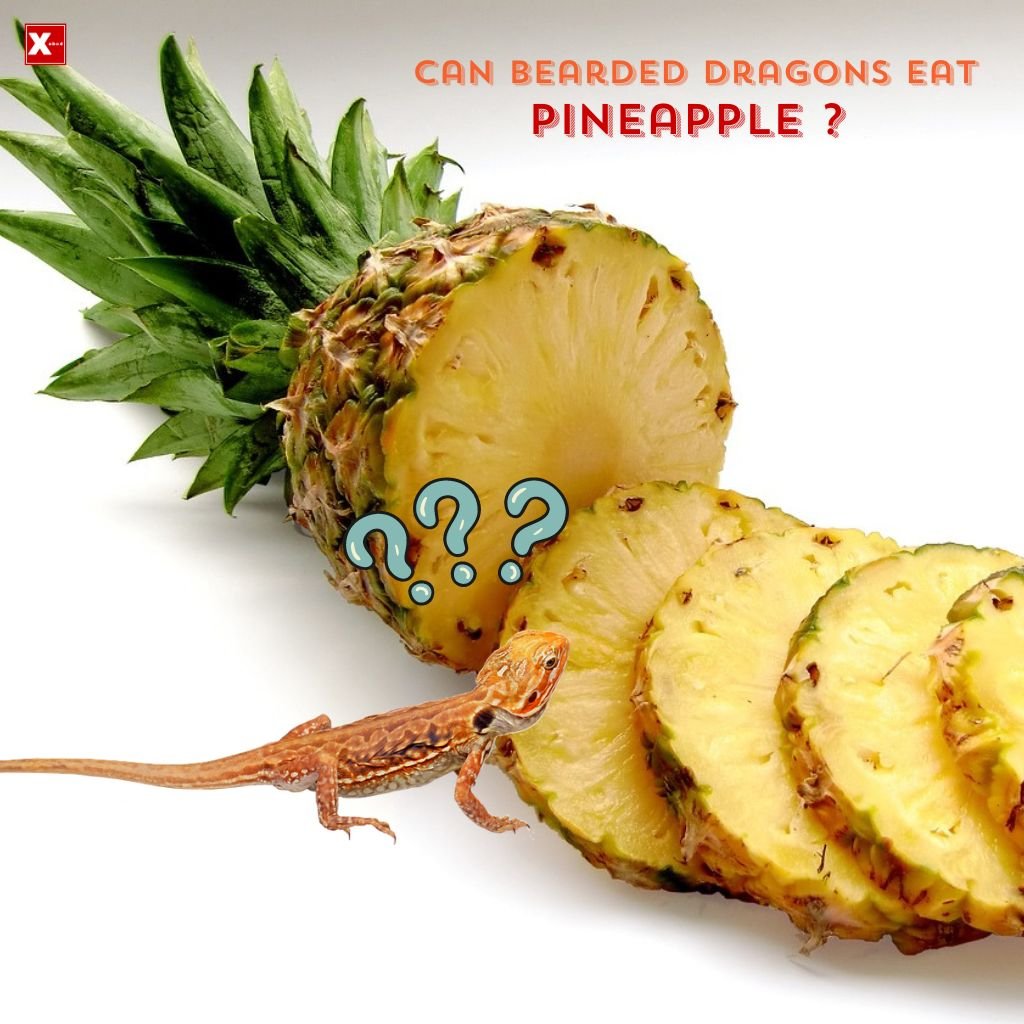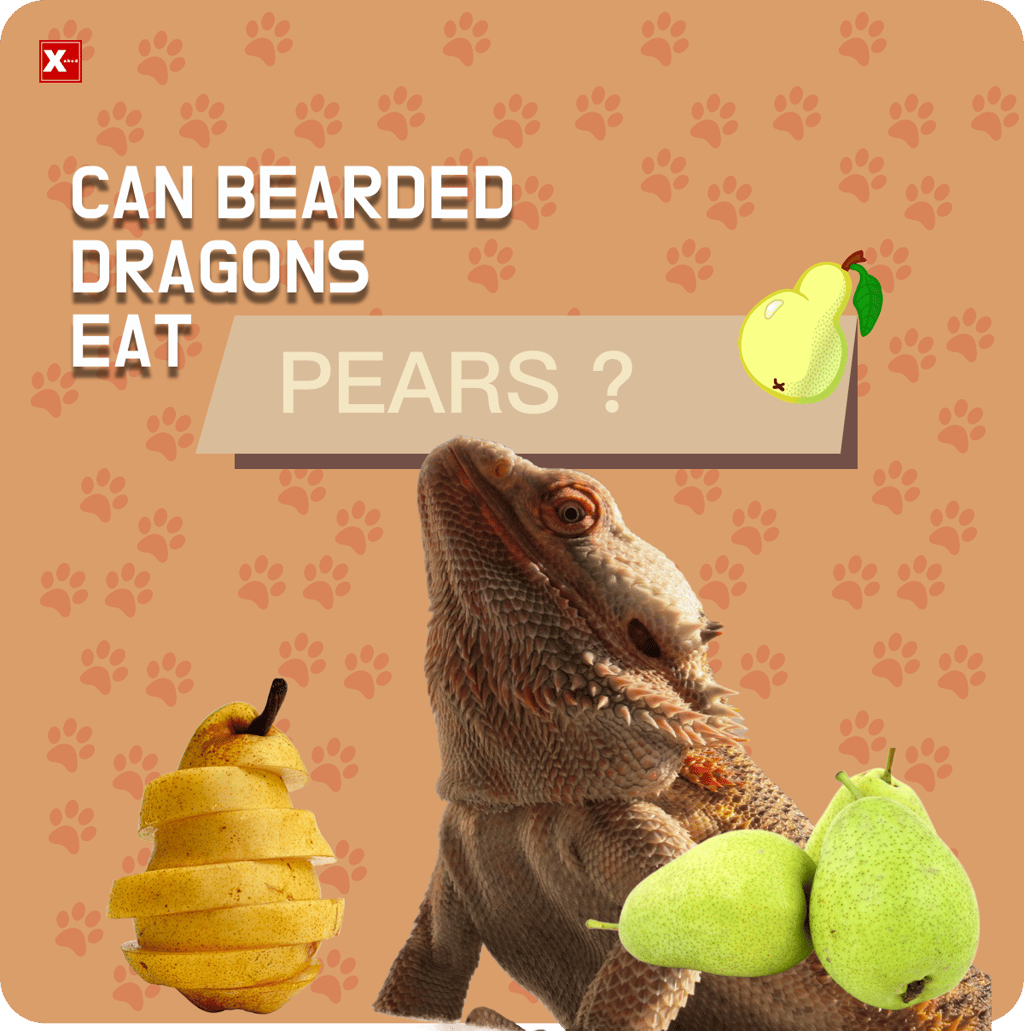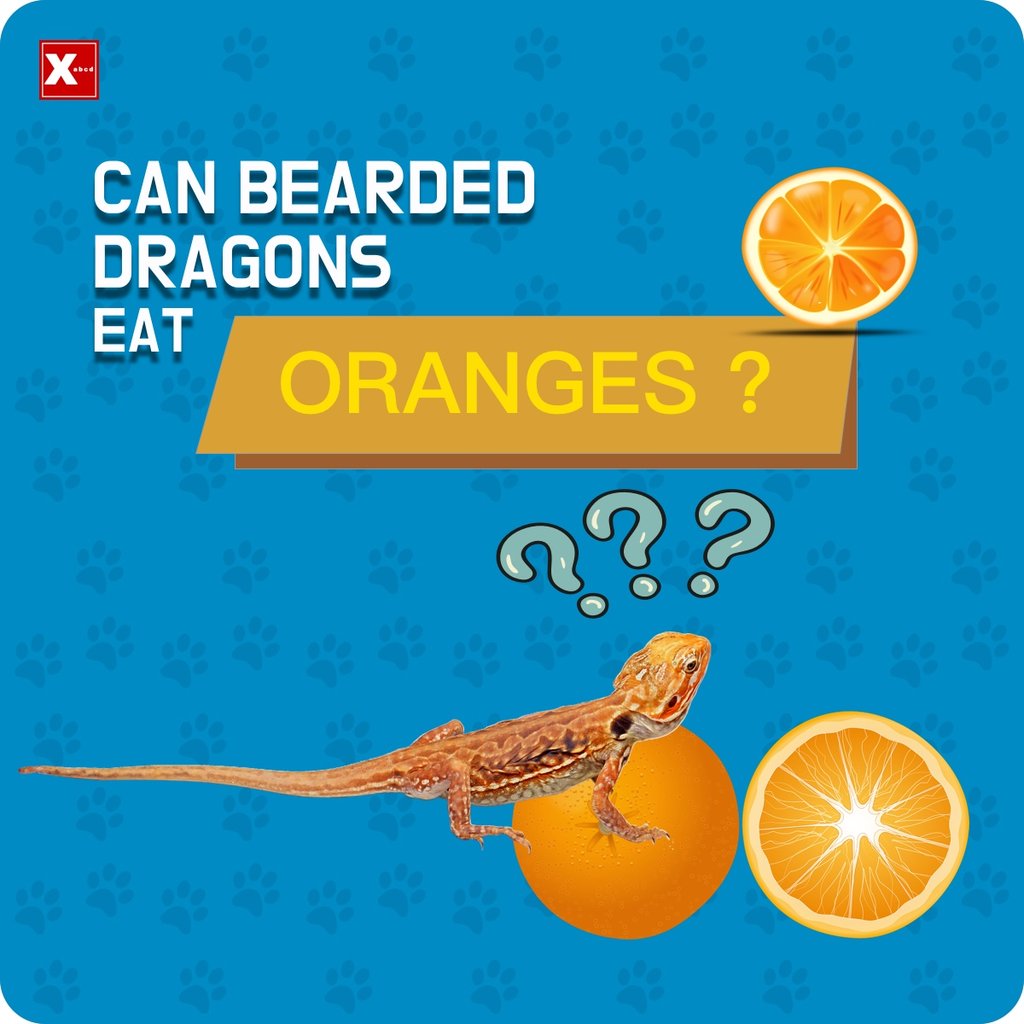Briefly, bearded dragons can eat pineapple in moderation as part of a varied diet. Pineapples provide a rich source of nutrients to bearded dragons. But there are some caveats to pay attention to and we will delve into this topic.
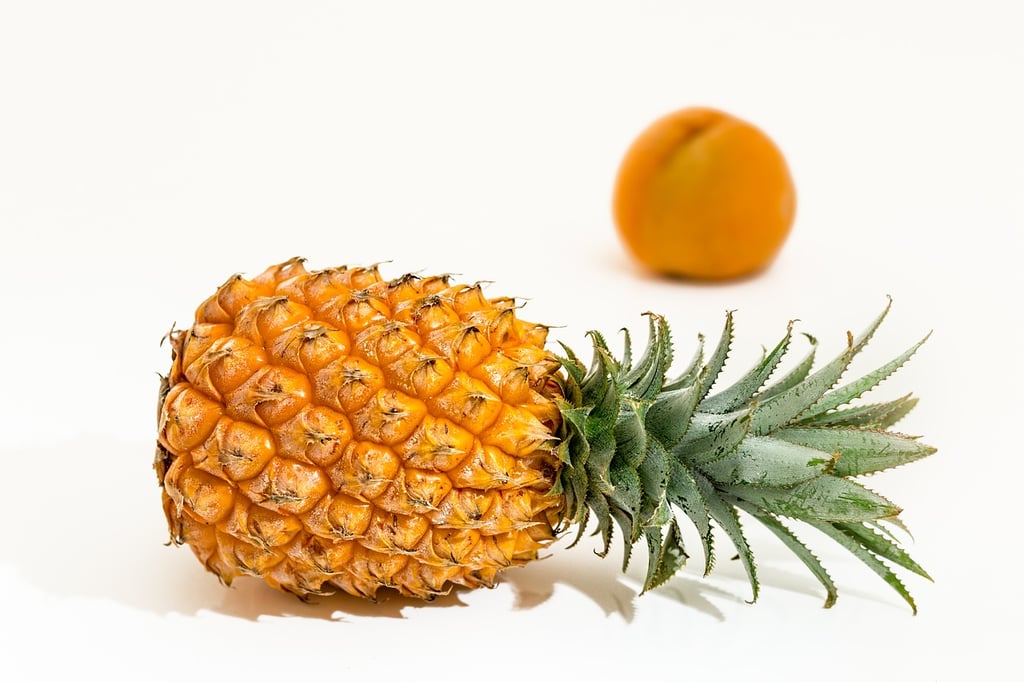
The Nutritional Value of Pineapple
When it comes to assessing the nutritional value of pineapple, it is essential to understand the various components that contribute to its overall benefits. Pineapple is a tropical fruit rich in vitamins, minerals, and antioxidants, making it a potentially nutritious addition to a bearded dragon's diet.
One of the primary nutrients found in pineapple is vitamin C. Bearded dragons, like humans, cannot synthesize vitamin C on their own and depend on dietary sources to meet their requirements. Vitamin C plays a crucial role in supporting the immune system, promoting wound healing, and aiding in the absorption of other essential nutrients.
In addition to vitamin C, pineapple also contains significant amounts of vitamin A, which is essential for maintaining healthy eyesight and promoting proper growth and development. Vitamin A deficiency in bearded dragons can lead to various health issues, including eye problems and impaired immune function.
Pineapple is also a good source of dietary fiber, which aids in digestion and helps prevent constipation - a common problem in bearded dragons. Adequate fiber intake is crucial for maintaining a healthy gut and ensuring optimal nutrient absorption.
Furthermore, pineapple contains important minerals such as manganese, which is involved in various metabolic processes and plays a role in bone health.
It also provides potassium, an electrolyte mineral necessary for maintaining proper fluid balance, nerve function, and muscle contractions in bearded dragons.
Lastly, pineapple is known to contain natural enzymes, specifically bromelain, which has anti-inflammatory properties and aids in digestion. While bearded dragons have different gut physiology compared to humans, some experts suggest that these enzymes may also benefit their digestive health.
Overall, the nutritional value of pineapple lies in its rich vitamin and mineral content, specifically vitamin C, vitamin A, and dietary fiber. However, it is important to remember that moderation is key, as excessive consumption of fruits high in natural sugars, including pineapple, may lead to unwanted weight gain and potential health issues in bearded dragons.
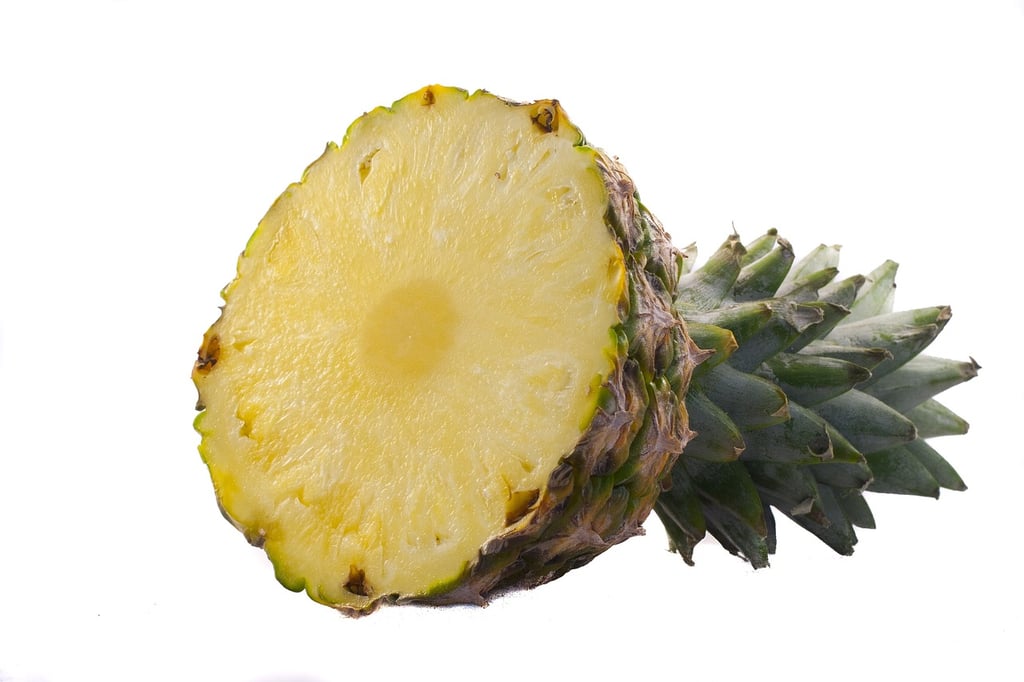
Benefits of Feeding Pineapple to Bearded Dragons
Feeding pineapple to bearded dragons can provide several benefits to their overall health and wellbeing. While it should not be the sole component of their diet, incorporating pineapple into their meals can be a nutritious and enjoyable addition. Here are some of the key benefits of feeding pineapple to bearded dragons:
- Source of Vitamin C: Pineapple is rich in vitamin C, an essential nutrient for reptiles. This vitamin plays a vital role in strengthening the immune system and promoting healthy skin and tissue growth in bearded dragons.
- Hydration: Pineapple has high water content, which can help keep your bearded dragon hydrated. Adequate hydration is crucial for proper digestion and overall health in reptiles.
- Antioxidant Properties: Pineapple contains antioxidants that can help neutralize harmful free radicals in the bearded dragon's body. This can contribute to reducing the risk of certain diseases and promoting longevity.
- Enrichment: Offering a variety of fruits and vegetables, such as pineapple, can provide mental stimulation and enrichment for bearded dragons. They will enjoy exploring and trying new flavors, which can enhance their overall enjoyment of mealtime.
- Optimal Nutrition: Pineapple contains a range of beneficial nutrients, including fiber, potassium, and manganese. These nutrients contribute to a balanced diet for bearded dragons and support various bodily functions.
When introducing pineapple to your bearded dragon's diet, it is important to do so in moderation. Too much pineapple can lead to digestive issues or an imbalance in their nutritional intake. Offer pineapple as part of a varied diet that includes other fruits, vegetables, and appropriate protein sources. It is recommended to consult with a reptile veterinarian or herpetologist for specific dietary advice tailored to your bearded dragon's needs.
Remember to always prepare pineapple pieces appropriately for your bearded dragon. Remove the tough outer skin and core, as they can be difficult for them to digest. Cut the pineapple into small, bite-sized chunks to make it easier for your pet to eat. Additionally, always ensure that the pineapple is fresh and free from any pesticides or chemicals.
Observing your bearded dragon's response to pineapple is also crucial. Some individuals may have sensitivities or allergies to certain fruits, including pineapple. Monitor their behavior, appetite, and digestion after introducing pineapple into their diet. If any adverse reactions occur, discontinue feeding pineapple and consult a veterinarian.
In conclusion, feeding pineapple to bearded dragons can offer various benefits, including vitamin C, hydration, antioxidants, enrichment, and optimal nutrition. However, it should be given in moderation and as part of a balanced diet. By following appropriate preparation and monitoring your pet's response, you can safely incorporate pineapple into your bearded dragon's mealtime and contribute to their overall health and happiness.
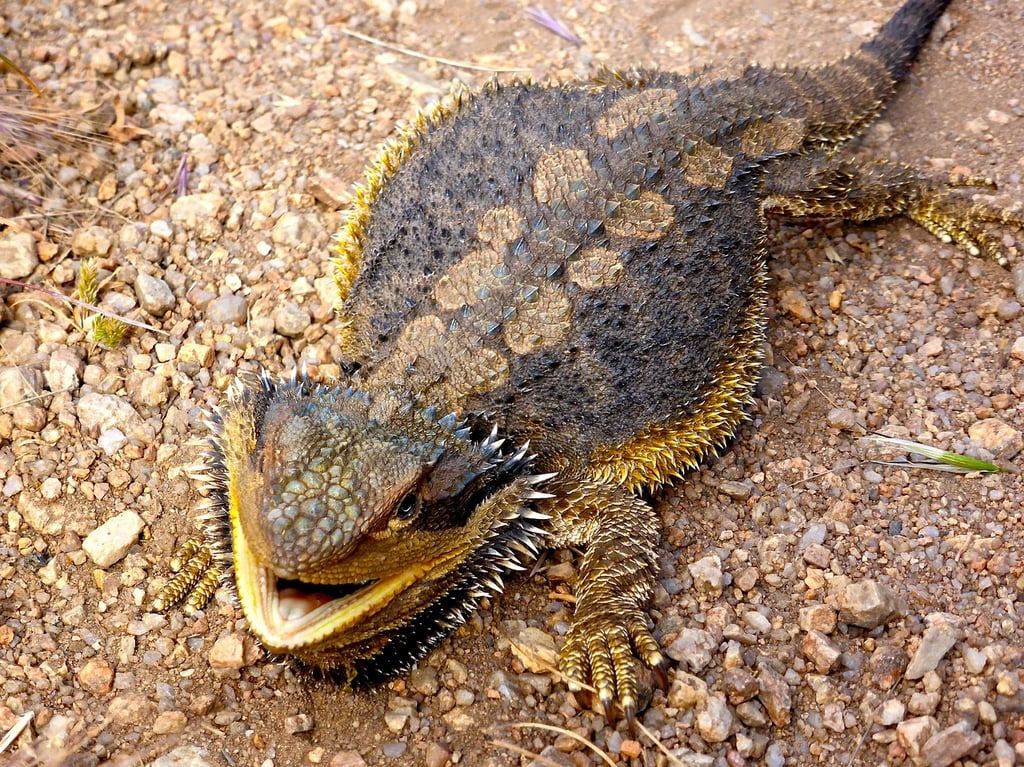
Potential Risks of Feeding Pineapple to Bearded Dragons
Pineapple is generally safe for bearded dragons to consume in small amounts. However, there are a few potential risks that need to be considered before including pineapple as a regular part of their diet.
1. High Sugar Content: Pineapple contains a relatively high amount of sugar compared to other fruits that are safe for bearded dragons. Consuming excessive amounts of sugar can lead to obesity and other health issues in these reptiles. It is important to offer pineapple as an occasional treat rather than a staple food.
2. Acidity: Pineapple is acidic in nature. While bearded dragons can tolerate moderate levels of acidity, excessive amounts can disturb their digestive system. It can cause gastrointestinal upset, including diarrhea and stomach discomfort.
3. Bromelain Enzyme: Pineapple contains an enzyme called bromelain, which aids in digestion. While this enzyme can be beneficial in some cases, excessive consumption of bromelain can lead to digestive issues. It can interfere with the absorption of certain nutrients and cause digestive disturbances.
To mitigate these risks, it is important to offer pineapple as a small and occasional treat. It should never replace their main diet of insects and leafy greens. When feeding pineapple to your bearded dragon, make sure to remove the tough outer skin and prickly core, as these parts can be difficult to digest and may cause choking hazards.
A good approach is to offer pineapple as part of a varied diet, ensuring that other safe fruits and vegetables are also provided. This will help prevent dependency on any one food item and provide a balanced nutritional intake for your reptile friend.
- Monitor your bearded dragon's response to pineapple. If you notice any signs of digestive distress or unusual behavior after consuming pineapple, discontinue feeding it and consult a reptile veterinarian.
- Do not feed canned or processed pineapple to your bearded dragon. These products often contain added sugars and preservatives, which can be harmful to their health.
- Always wash and thoroughly clean fruits and vegetables before offering them to your bearded dragon. This helps remove any chemicals or pesticides that may be present on the surface.
By keeping these potential risks in mind and offering pineapple in moderation, you can ensure the well-being and health of your bearded dragon while still providing them with a tasty treat to enjoy.
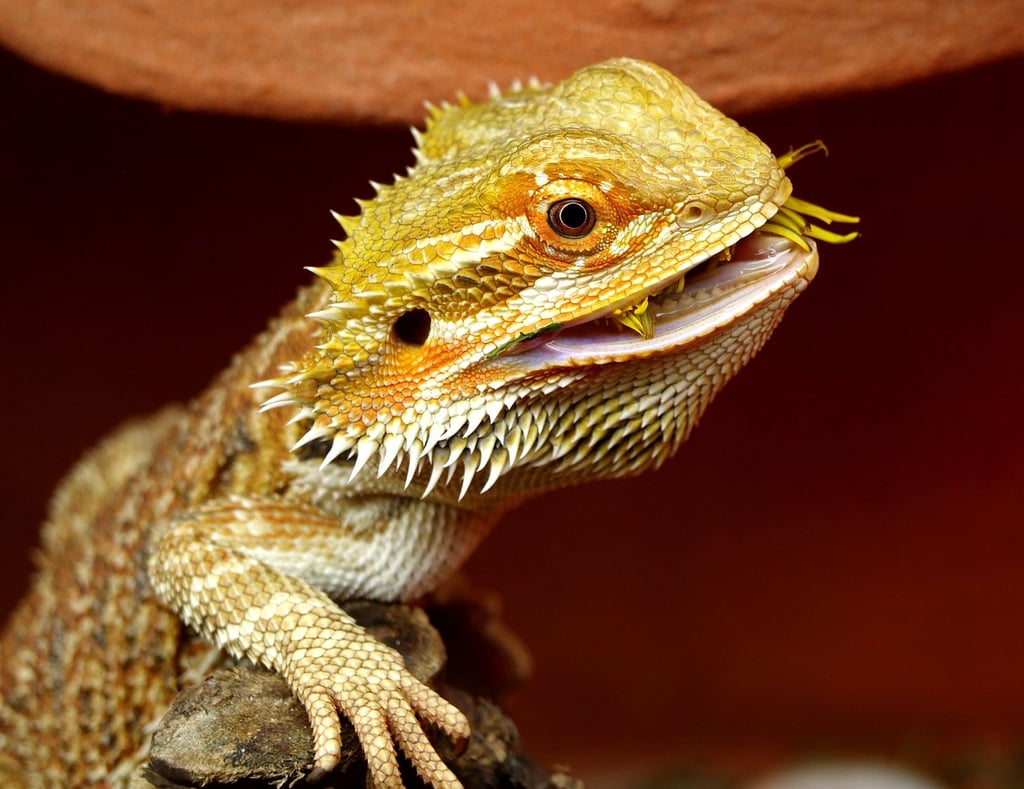
Preparing and Serving Pineapple to Bearded Dragons
When it comes to preparing and serving pineapple to your bearded dragon, there are a few important factors to consider. While pineapple can be a healthy and delicious addition to their diet, it is crucial to take the necessary steps to ensure your pet's safety and well-being.
First and foremost, it is important to choose fresh and ripe pineapple for your bearded dragon. Opt for organic pineapple if possible, as it will be free from pesticides and other harmful chemicals. The pineapple should be firm but not overly ripe or mushy. It's best to cut off the outer skin and remove any tough or spiky parts of the fruit before serving it to your pet.
Next, you will want to cut the pineapple into small, bite-sized pieces. Bearded dragons have small mouths, so it is important to avoid feeding them large chunks of fruit that they may struggle to swallow or digest properly. Aim for pieces that are no larger than the width of their mouth.
Before offering pineapple to your bearded dragon, it is essential to remove the core and any seeds. The core of the pineapple can pose a choking hazard and may be difficult for your pet to digest. Additionally, pineapple seeds are small and hard, and while they are generally harmless in small quantities, it is best to err on the side of caution and remove them.
Once you have prepared the pineapple, you can choose to serve it to your bearded dragon as a standalone treat or mix it in with other fruits and vegetables. Remember to offer the pineapple in moderation, as excessive consumption can lead to digestive issues. A general rule of thumb is to limit pineapple intake to once or twice a week, alongside a balanced and varied diet.
When introducing pineapple or any new food to your bearded dragon's diet, it is essential to monitor their response. Observe their behavior and digestive health after consuming pineapple. If you notice any signs of discomfort, such as diarrhea or vomiting, it may be an indication that pineapple does not agree with your pet's digestive system. In such cases, it is best to discontinue feeding pineapple and consult a veterinarian for further guidance.
- Choose fresh and ripe pineapple
- Remove the outer skin and tough parts
- Cut the pineapple into small, bite-sized pieces
- Remove the core and seeds
- Offer pineapple in moderation
- Monitor your bearded dragon's response
By following these guidelines and taking the necessary precautions, you can safely prepare and serve pineapple to your bearded dragon. Remember, variety is key in their diet, so be sure to offer a wide range of fruits, vegetables, and insects to ensure they receive all the necessary nutrients for optimal health.
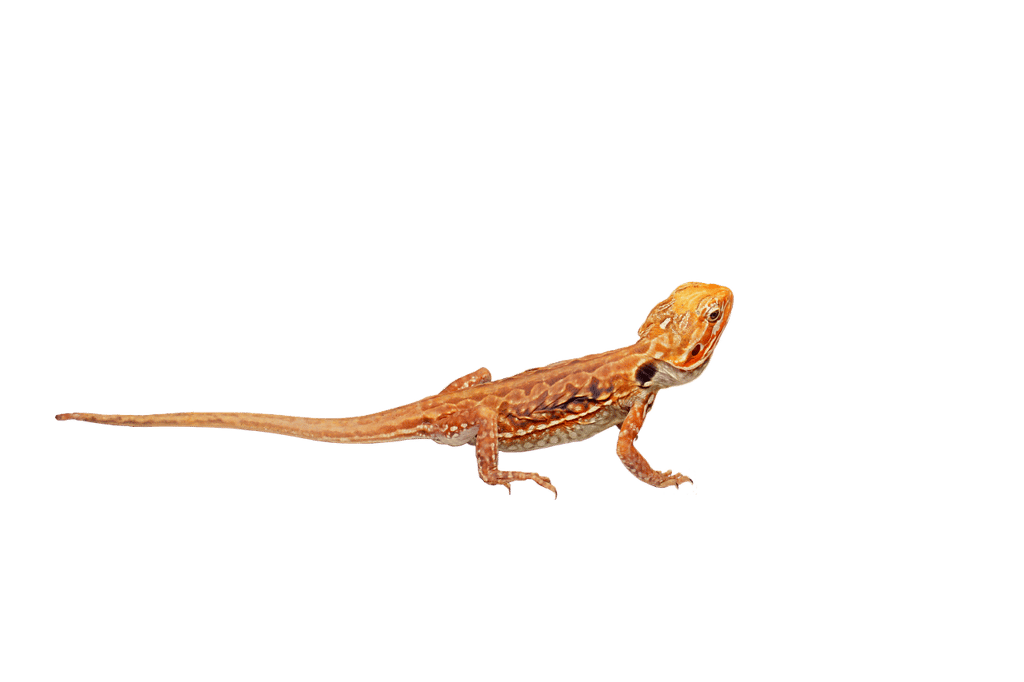
Alternatives to Pineapple for Bearded Dragons
While bearded dragons can eat pineapple in moderation, it's always good to have alternative options to provide variety in their diet. Here are a few alternatives to pineapple that you can consider for your bearded dragon:
- Mango: Rich in vitamins and minerals, mango is a tropical fruit that can be a great substitute for pineapple. It is sweet and juicy, making it a tasty treat for your bearded dragon.
- Watermelon: Another juicy fruit that is safe for bearded dragons to consume is watermelon. It is hydrating and packed with nutrients like vitamin C and beta-carotene.
- Blueberries: These small berries are low in sugar and high in antioxidants, making them a healthy substitute for pineapple. They can be offered as a snack or mixed with other fruits for added variety.
- Papaya: Papaya is a tropical fruit that is not only delicious but also beneficial for bearded dragons. It contains enzymes that aid in digestion and is rich in vitamin A and C.
- Strawberries: A favorite among many reptiles, strawberries are a safe and tasty fruit option for bearded dragons. They are low in sugar and offer a good amount of vitamin C.
It's important to remember that when introducing new foods to your bearded dragon's diet, you should do so gradually and in small quantities. This allows their digestive system to adjust and prevents any potential stomach issues. Additionally, always make sure to wash and prepare the fruits properly before offering them to your pet. Removing any seeds or pits is essential as they can be harmful to bearded dragons.
Variety is key when it comes to a bearded dragon's diet. Offering different fruits and vegetables, including alternatives to pineapple, ensures that your pet receives a balanced and nutritious meal. Keep in mind that not all fruits and vegetables are suitable for bearded dragons, so it's important to do your research and consult with a veterinarian if you have any concerns.
Consulting a Veterinarian for Dietary Guidance
Consulting a veterinarian is crucial when it comes to providing the best dietary guidance for your bearded dragon. While general information and research can be helpful, an experienced veterinarian will have specific knowledge and expertise in reptile care, including the dietary needs of bearded dragons. Here are a few reasons why seeking professional advice is important:
- Individualized Assessment: Each bearded dragon is unique, with different health conditions, age, and activity levels. A veterinarian can assess your reptile's specific needs and tailor their dietary advice accordingly. This ensures that your bearded dragon receives the appropriate nutrients for optimal health.
- Preventing Nutritional Imbalances: A balanced diet is essential for the well-being of your bearded dragon. While certain fruits and vegetables may be safe in moderation, overfeeding or introducing too many new foods can lead to nutritional imbalances. A veterinarian can help you create a diet plan that includes a variety of suitable foods while avoiding potential pitfalls.
- Identifying Allergies or Intolerances: Just like humans, bearded dragons may have allergies or intolerances to certain foods. It can be challenging to determine if a dietary issue is causing your reptile's discomfort or health problems. By consulting a veterinarian, they can guide you in conducting elimination diets or performing allergy tests to identify any dietary sensitivities.
- Addressing Health Concerns: If your bearded dragon has existing health conditions or is recovering from an illness, their dietary needs may differ from those of a healthy reptile. A veterinarian can take into account any specific health concerns and recommend dietary modifications that support your bearded dragon's recovery and overall well-being.
When consulting a veterinarian for dietary guidance, it is essential to provide them with detailed information about your bearded dragon's current diet, feeding habits, and any observed health issues. This information will assist the veterinarian in making informed recommendations and adjustments to optimize your reptile's diet.
Remember, a well-informed approach to your bearded dragon's diet can contribute to their overall health and longevity. Consulting a veterinarian who specializes in reptiles will provide you with the most accurate and reliable information to ensure your pet's well-being. Don't hesitate to reach out to a professional for expert advice on feeding your beloved bearded dragon.
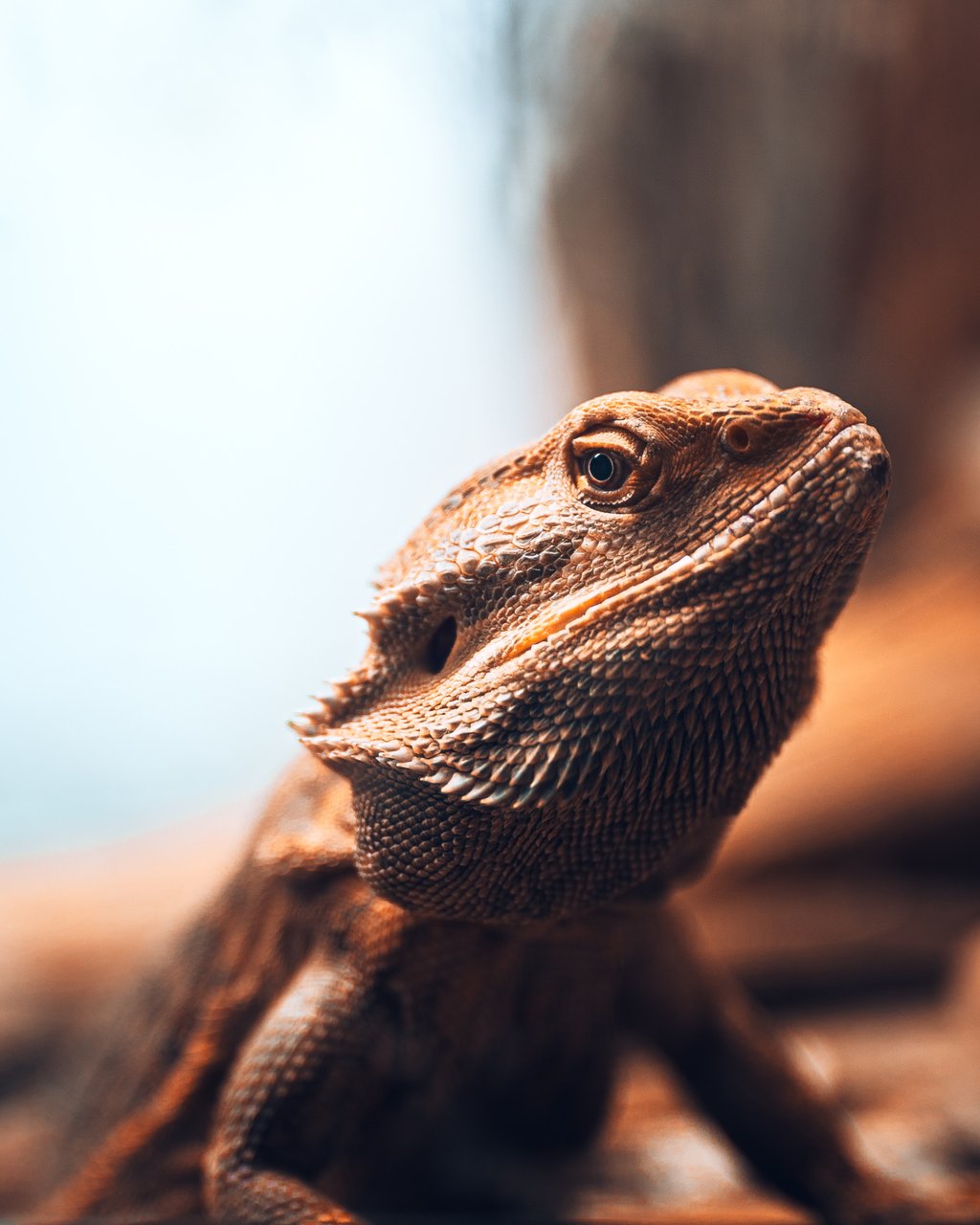
In conclusion, bearded dragons can eat pineapple in moderation as part of a varied diet. Pineapple provides several essential nutrients and can be a tasty treat for your reptilian friend. However, it is important to consider the potential risks and prepare and serve the pineapple appropriately. If you have any concerns or questions about your bearded dragon's diet, it is always best to consult with a veterinarian specialized in reptiles for personalized guidance.
Faqs
-
Can bearded dragons eat pineapple every day?
While it's safe for bearded dragons to enjoy pineapple, it is not recommended to feed it to them every day. Pineapple should be just one component of a balanced and varied diet for your pet. Too much pineapple can lead to digestive issues and an imbalance in their nutritional intake. It's best to offer pineapple as an occasional treat rather than a daily staple.
-
Are there any specific health benefits of feeding pineapple to bearded dragons?
Yes, there are several health benefits of feeding pineapple to bearded dragons. Pineapple contains vitamin C, which can boost their immune system and promote overall health. It also provides essential minerals such as manganese and potassium. However, it's important to remember that pineapple should be given in moderation and as part of a well-rounded diet to ensure your bearded dragon receives all the necessary nutrients.
-
Can I feed my bearded dragon canned pineapple?
It is not recommended to feed your bearded dragon canned pineapple. Canned fruits often contain added sugars and preservatives, which can be harmful to reptiles. Fresh pineapple is always the best option to ensure your pet receives the maximum nutritional benefits. However, it is important to remove the spiky outer skin and any tough core before offering the pineapple to your bearded dragon.

